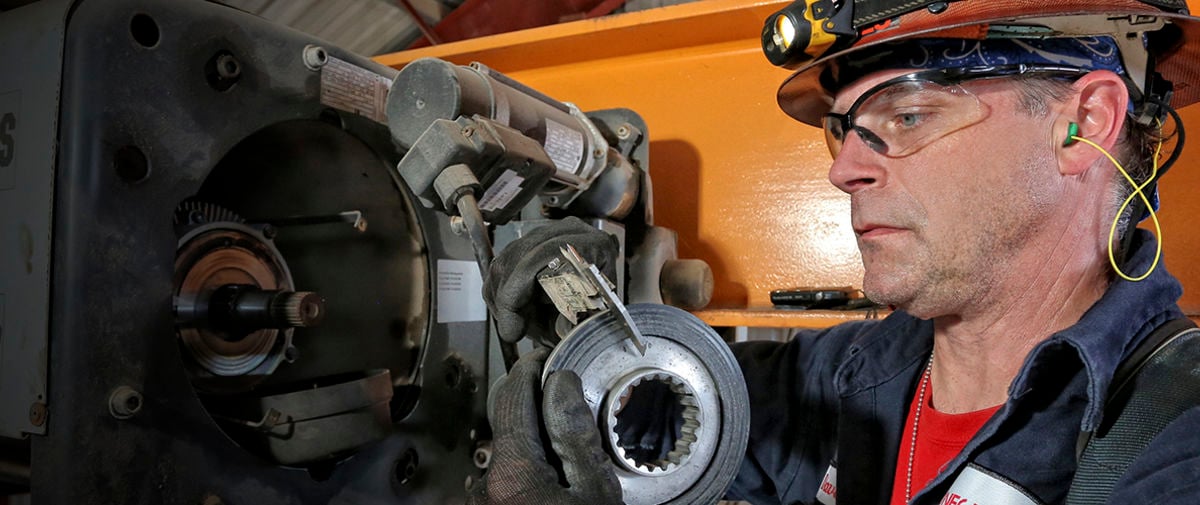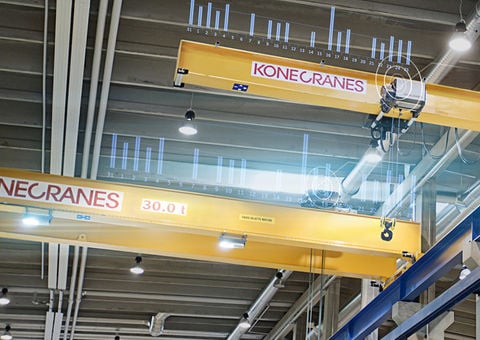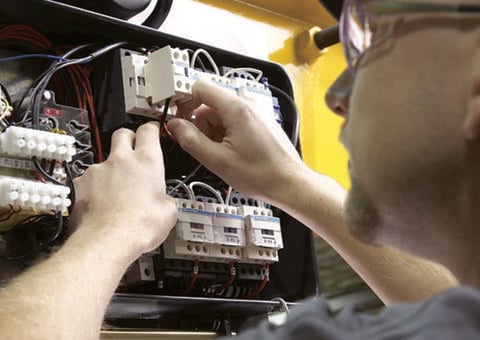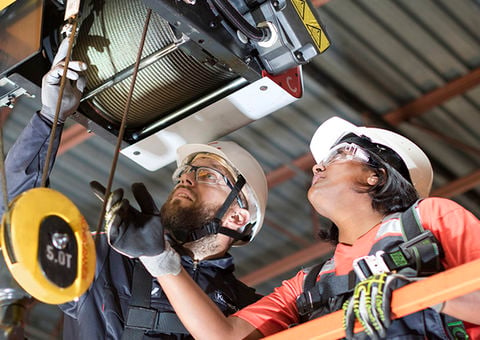![]() Konecranes is the original service provider for both Konecranes and Demag equipment.
Konecranes is the original service provider for both Konecranes and Demag equipment.
Compliance inspections
Regularly scheduled crane inspections can save companies great expense by verifying compliance with local regulations and highlighting safety and production issues.
We offer many types of inspections that are designed to satisfy Australia and New Zealand regulatory requirements.
We provide an inspection report that fulfills local statutory requirements. If you have a Konecranes service program you have access to our customer portal yourKONECRANES.com where you can view and download inspection documents at any time.
Types of inspections offered by Konecranes
Routine Inspection
Inspects equipment for deficiencies and deviations from manufacturer recommendations and applicable standards that may cause a risk to the safe use of the equipment. Frequency is determined taking into account crane usage, operating environment and duty class, but the inspection interval should not be longer than three months. Table F1 in AS2550.1 2011 describes the minimum requirements based on crane duty class.
Third Party Inspection
Inspects equipment for deficiencies and violations as defined in AS2550.1 2011 Third Party Inspections. A trained and qualified independent inspector performs the inspection and provides a list of recommendations for repair, replacement or adjustment.
The inspection interval is defined in AS2550.1 2011 table F1 and should not be longer than one year. Frequency is determined taking into account crane usage and operating environment. Konecranes has processes and quality procedures in place to provide a service that is independent from other inspection or maintenance services provided by Konecranes or other service providers.
DWP calculation
An estimate of the accumulated duty of a crane and assessment of its remaining life.
Load test
Verifies that equipment is capable of lifting and moving the rated load through all designed motions. The load test has also been designed to meet local statutory requirements for load testing and the frequency of this test should not exceed 12 months. An observer from the Mechanical Engineer Chamber or accredited third party company will attend the Load Test, and if the test is successful, the required certificate will be granted.
Major Assessment
The Major Assessment has been designed to satisfy the requirements of AS2550.1 2011 Section 9. It includes an inspection and user interviews completed by a trained inspector or engineer, and remaining design life calculations. A list of recommendations for repair, replacement or adjustment are provided.
The assessment should be performed when the Design Working Period (DWP) calculation indicates that the crane duty will reach one of the design limits before the next scheduled periodic Third Party Inspection.
Periodic Runway Inspection
An engineering inspection carried out on the crane runway rail and supporting structure. It has been designed to satisfy the requirements of AS1418.18 Section 9 for inspection of the Crane Runway Rail and Supporting Structure.
The inspection utilizes Konecranes proprietary engineering inspection processes and reporting methods as well as conventional inspection methods. It will provide you with a comprehensive report including recommended remedial actions and future inspection requirements.
Slings and Accessories Inspection
Inspects non-maintainable load lifting attachments and accessories that are attached to the crane hook during operation. The inspection identifies deficiencies and deviations from local statutory safety and health regulations and is performed by trained and qualified service personnel. The inspection service utilizes radio frequency identification (RFID) tags to record load lifting attachment inspection data and a smartphone app to help quickly and reliably identify attachments.




